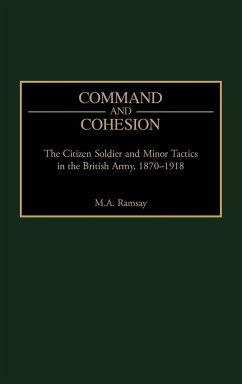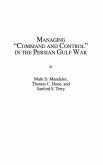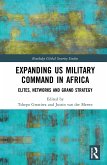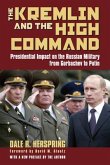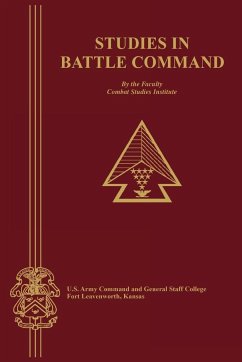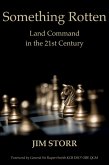This study brings together military history and intellectual history to provide a better understanding of the factors that influence military thinking and practice. In particular, Ramsay covers thought concerning the evolution of British minor tactics between 1870 and 1918, from the era of the black powder rifle wielded by a career soldier to the age of the citizen soldier in the Great War. The development of new military technologies in the last quarter of the 19th century led to novel tactical systems, which included new, decentralized methods of tactical command and control at a time when mass, citizen-based armies were becoming the norm in Europe. While the British Army's system of command and control evolved to meet these new combat conditions, its response was conditioned by the officers' assessment of the rank and file who served in its peacetime volunteer army as well as by the corporate interests of the professional officer corps. This development marked a watershed in military practice and theory, the transition from closely supervised small units under the immediate command of a career officer, to decentralized tactics under the direction of a junior officer or NCO who had been a civilian before the war. Using models such as those proposed by Thomas Kuhn in his Structure of Scientific Revolutions, Ramsay treats military theory in the same manner as intellectual historians have regarded other areas of reasoning, to illustrate the forces that can shape military theory and to provide an explanation of those that may impede necessary changes in military thinking. To date, tactical studies have rarely looked below the battalion level of command; thus, the technology of the First World War has been extensively studied, but the psychology far less so. This is ironic given that armies of the First World War relied more than any earlier armies on conscripted civilians from a political and social culture that strove to suppress violence in civil society. As a result, this book will interest sociologists and psychologists who seek insight into the history of their disciplines, as well as cultural and social historians who study British history.
Hinweis: Dieser Artikel kann nur an eine deutsche Lieferadresse ausgeliefert werden.
Hinweis: Dieser Artikel kann nur an eine deutsche Lieferadresse ausgeliefert werden.

